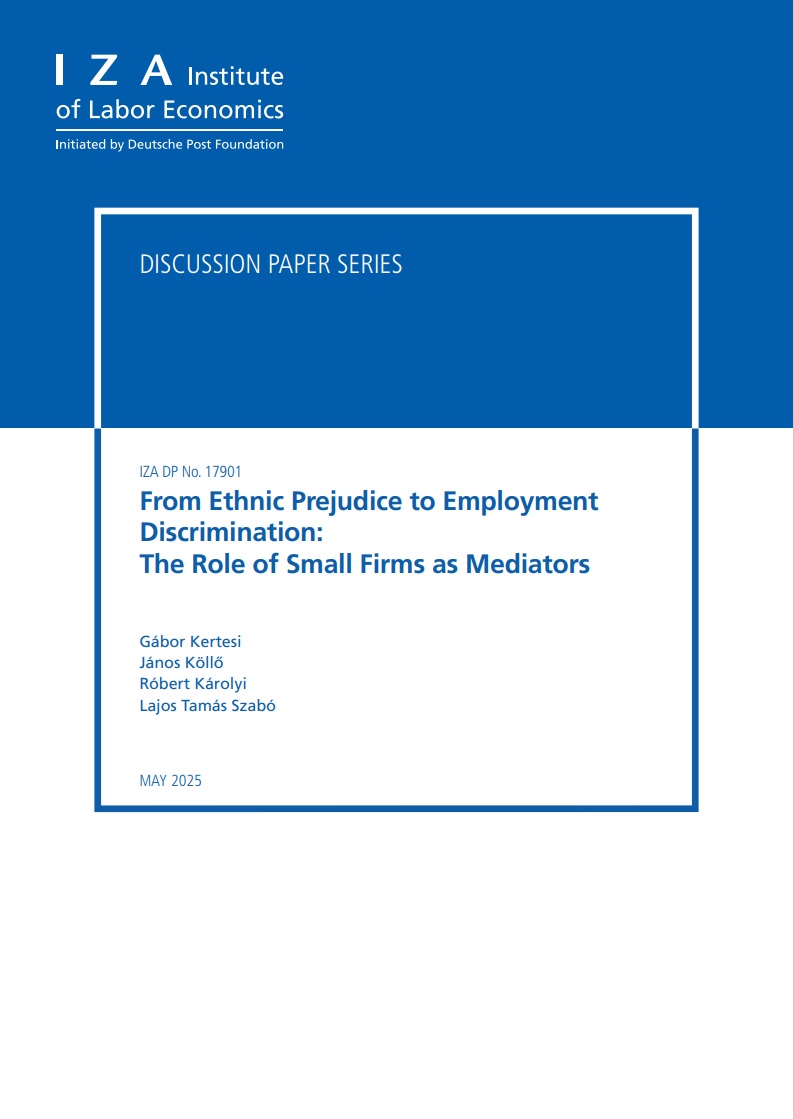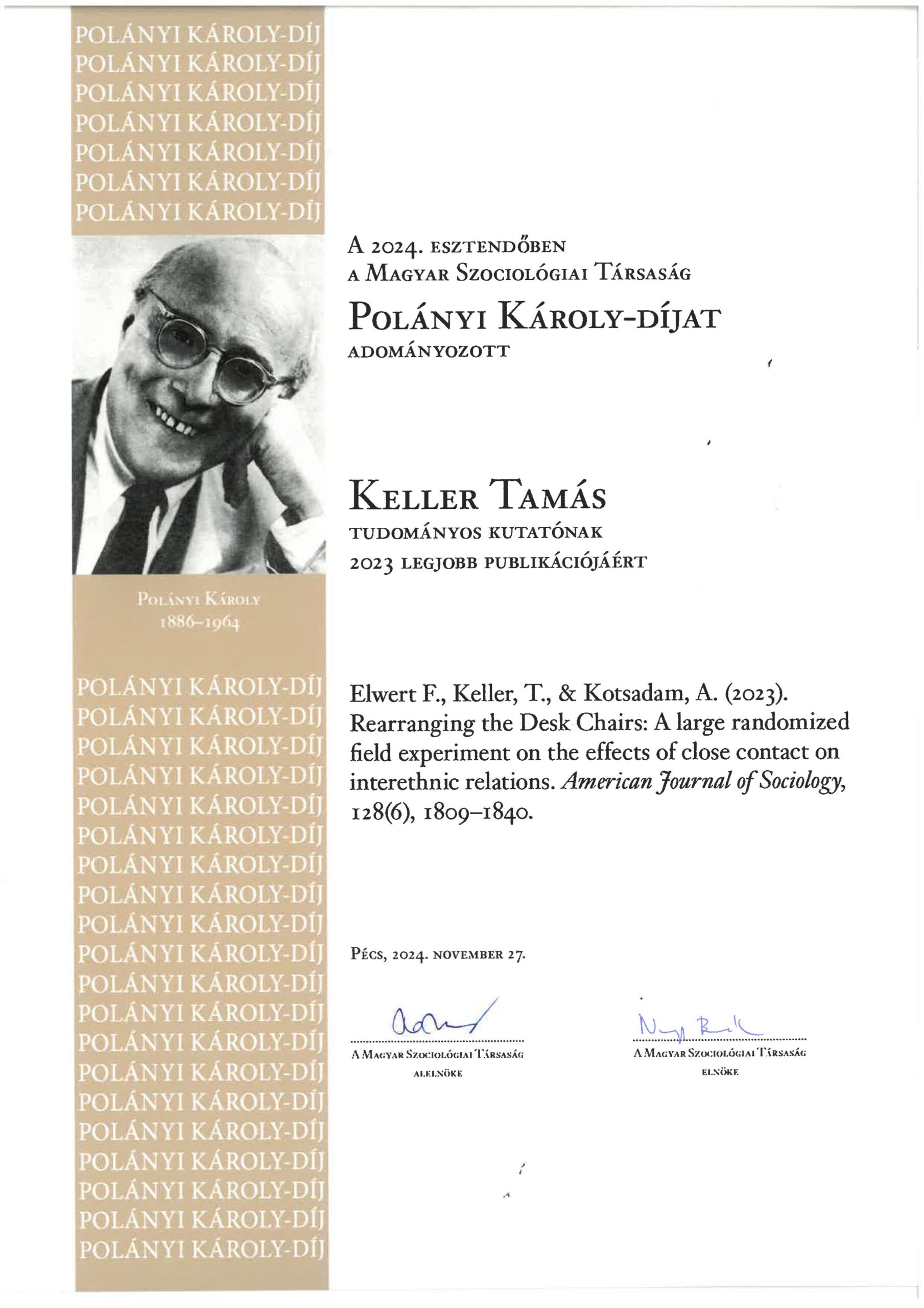Supply-demand price decoupling in European-type day-ahead electricity markets
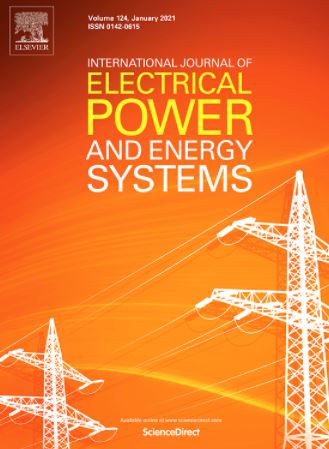
Anita Varga – Botond Feczkó – Marianna E.-Nagy – Dávid Csercsik International Journal of Electrical Power & Energy Systems, Vol. 169. Paper No. 110788 (2025) Abstract In this paper, we consider the possibility of supply–demand price decoupling in European-type day-ahead electricity markets, considering also the possibility of the supply price exceeding the demand price for […]
Round-Tripping Foreign Direct Investments: What are the Main Factors?
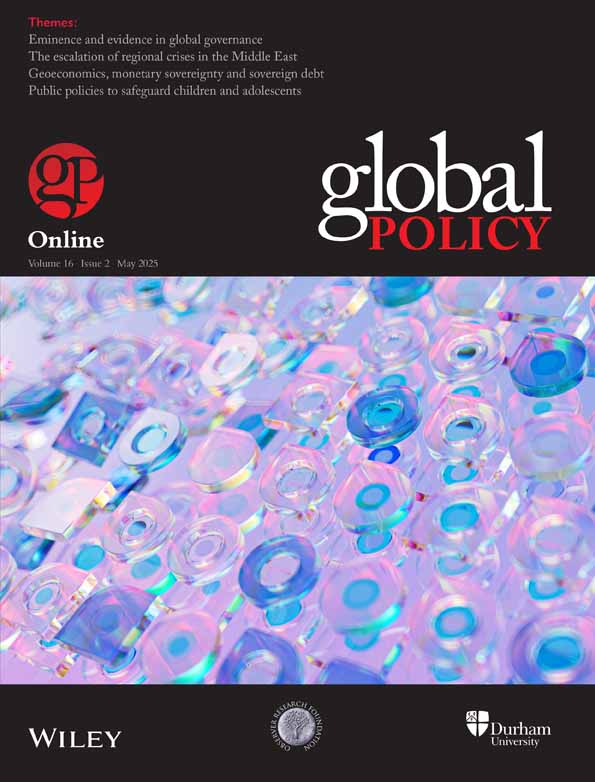
Magdolna Sass – Imre Fertő Global Policy, Early View First published: 28 May 2025 Abstract FDI round-tripping has become an increasingly important issue in the world economy, with significant implications for tax revenues, regulatory frameworks, and economic policy. Little is known about its importance and characteristics from a country of origin perspective, and thus economic policies […]
Value chains for sustainable mountain development: a qualitative understanding of 23 European cases
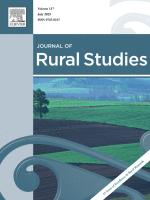
Kirsty Blackstock – Rachel Creaney – Mar del Mar Delgado-Serrano – Sharon Flanigan – Corrado Ievoli – Michele Moretti – Gusztáv Nemes et al. Journal of Rural Studies, Vol. 118. Paper No. 103640 (2025) Abstract This paper presents findings using a novel, qualitative and interpretative approach to value chain assessment. The approach was used to further […]
Mobilizing Rural Support: Targeted Government Spending and Democratic Backsliding in Hungary
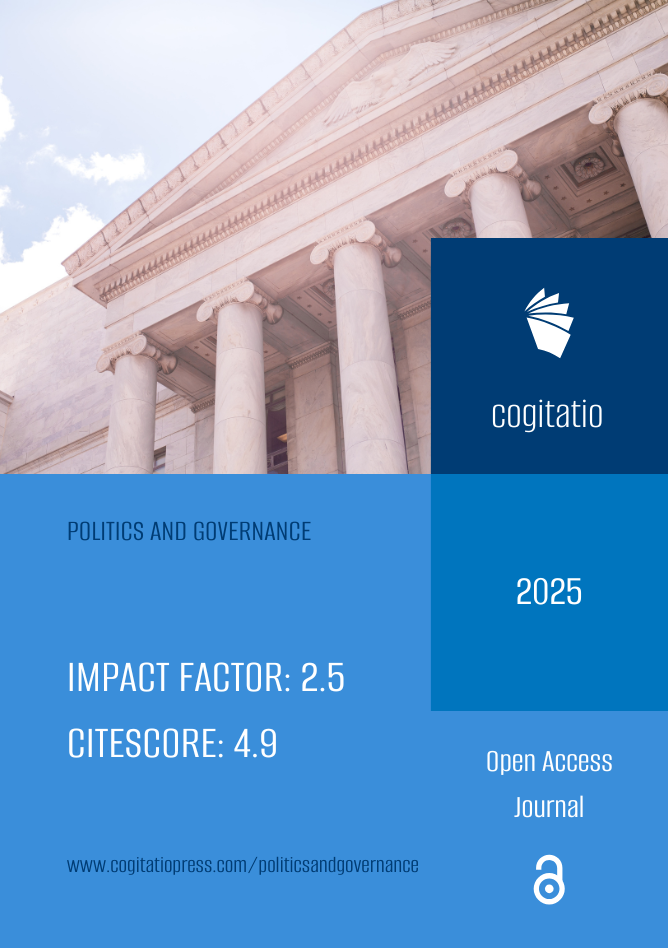
Krisztina Szabó – Ádám Reiff Politics and Governance, Vol. 13. Art. No. 9542 (2025) Abstract The spread of democratic backsliding has drawn scholarly attention to the strategies and approaches characteristic of these regimes. However, our understanding of targeted government spending programs designed to favor specific segments of society to build and reinforce a loyal support […]
Reducing Food Loss: Post-harvest Strategies at the Small Scale

Zsófia Benedek – Katalin Kujáni – Judith Molnár Eurochoices, Early View, First published: 19 May 2025 Summary This article examines post-harvest technologies and practices tailored to small-scale operations, highlighting their potential to reduce food loss. A comprehensive approach to conceptualising post-harvest technologies is proposed across various stages of the value chain. By categorising solutions into […]
Corruption and extremism
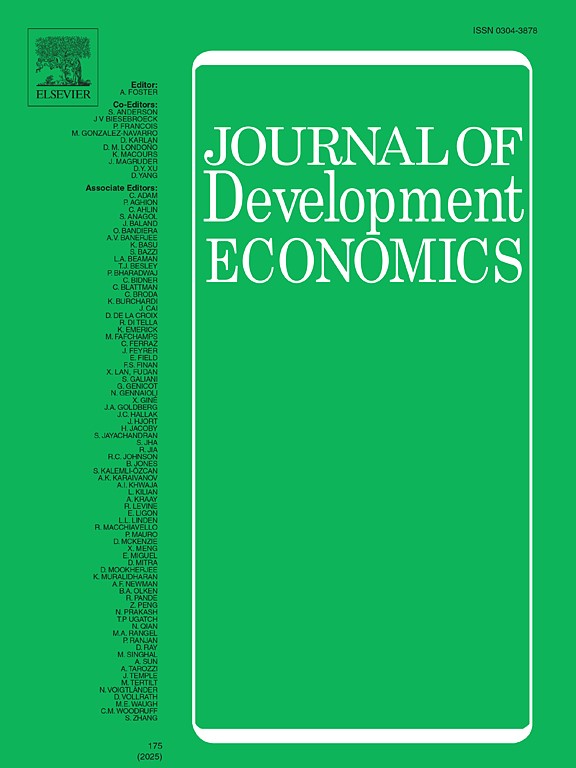
Attila Gáspár – Tommaso Giommoni – Massimo Morelli – Antonio Nicolò Journal of Development Economics, In Press, Journal Pre-proof, 103526 Available online 15 May 2025 Abstract This paper shows that corruption generates extremism, but mainly on the opposition side. While corruption hurts all citizens, only voters on the minority side may desire to switch to […]
Two axiomatizations of the pairwise netting proportional rule in financial networks
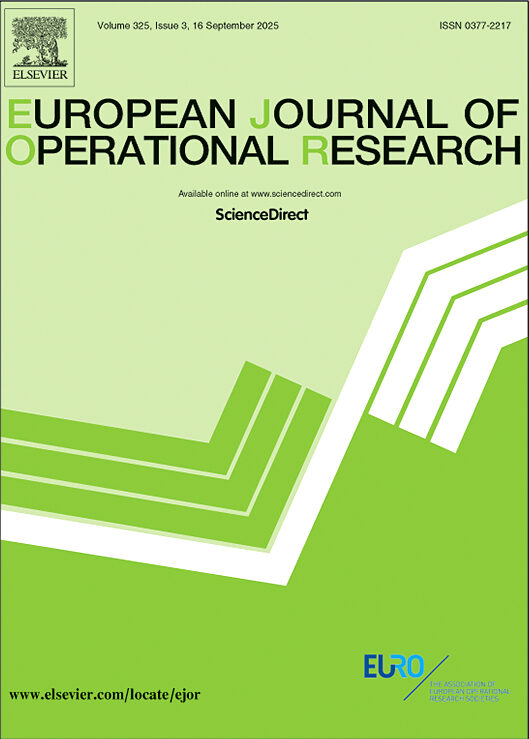
Péter Csóka – P. Jean-Jacques Herings European Journal of Operational Research, Vol. 325. No. 3. pp. 553-567. (2025) Abstract We consider financial networks where agents are linked to each other via mutual liabilities. In case of bankruptcy, one needs to distribute the assets of bankrupt agents over the other agents. One common approach is to first […]
Wine, markups, and export behavior: Evidence from Hungary
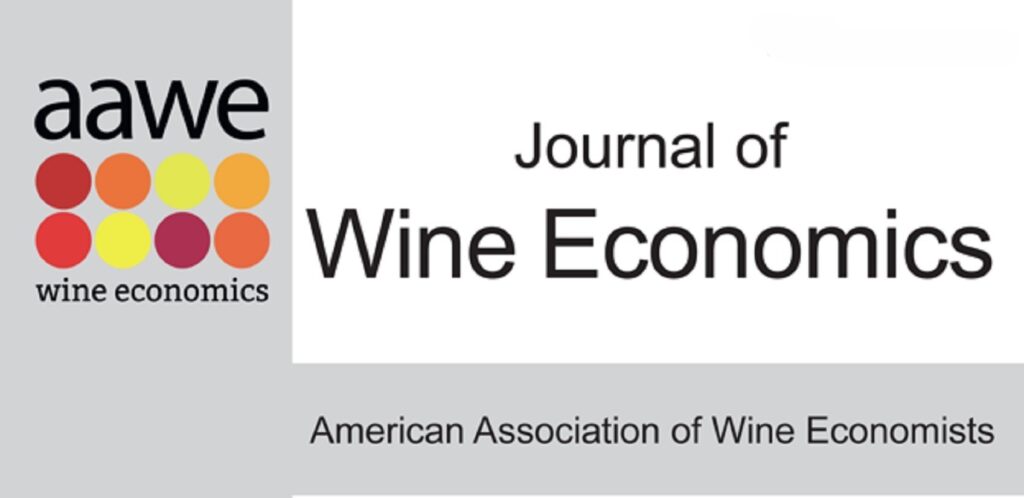
Gergely Csurilla – Zoltán Bakucs – Imre Fertő Journal of Wine Research, First View , pp. 1-13 (2025) Abstract The study examines the influence of markups on the export decisions and subsequent export intensity of firms within the Hungarian wine sector. Additionally, we evaluate the impact of entering and sustaining a presence in export markets on firms’ markups […]
Gender-based differences in eco-efficient farming

Imre Fertő – Lajos Baráth – Štefan Bojnec Scientific Reports, Vol. 15. Art. No. 15895 (2025) Abstract This study investigates gender-based differences in eco-efficiency among Hungarian field crop farms, using data from the Farm Accountancy Data Network between 2015 and 2020. Applying Data Envelopment Analysis and Blinder-Oaxaca decompositions, we reveal a consistent eco-efficiency advantage for women-headed […]
The effect of regulatory requirements on market liquidity: ESG promotion as a special case
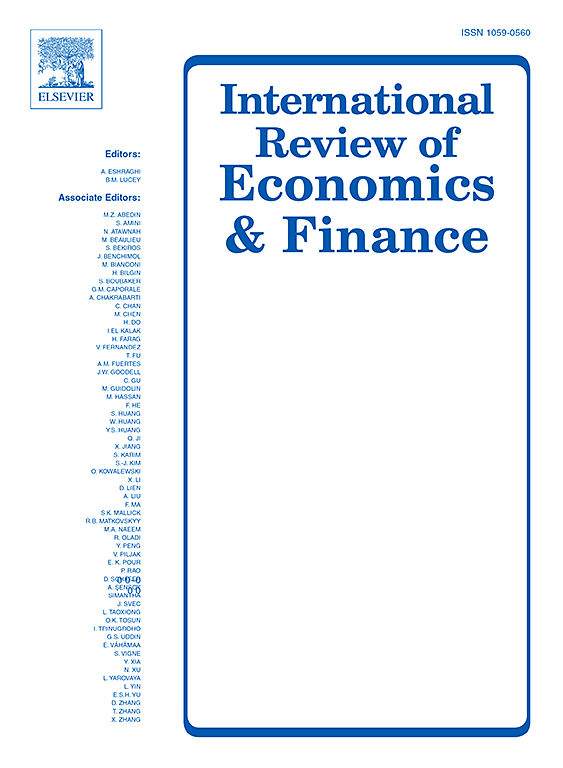
Judit Hevér – Péter Csóka International Review of Economics & Finance, Vol. 100. Art. No. 104078 (2025) Abstract Liquidity is a key consideration in financial markets, especially in times of financial crises. For this reason, regulatory attention to and measures in this field have been on the rise for the past several years. As a matter […]
Socioeconomic inequalities and diabetes complications: an analysis of administrative data from Hungary
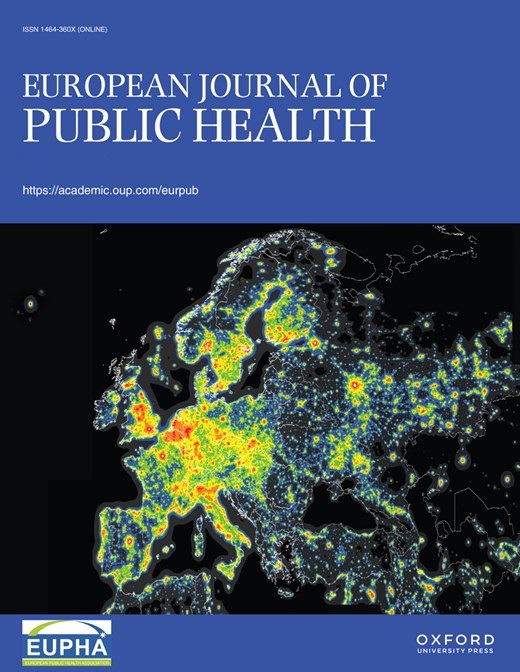
Péter Elek – Balázs Mayer – Orsolya Varga European Journal of Public Health In Press, Published: 08 April 2025 Abstract Diabetes complications are associated with increased healthcare costs and worsened patient outcomes. In this paper, we analyse how individual-level demographic and territorial-level socioeconomic and healthcare variables influence the presence and severity of diabetes complications and […]
The Community-Driven Ecosystem Resilience and Equity Framework: A Novel Approach for Social Resilience in Ecosystem Services
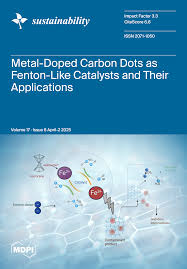
Masoomeh Shemshad – Agnieszka Synowiec – Marcin Kopyra – Zsófia Benedek Sustainability, Vol. 17. No. 8. Paper: 3452 (2025) Abstract Ecosystem service (ES) frameworks help to assess the benefits ecosystems provide to society, yet weak governance integration often limits their effectiveness. This review critically examines major ES frameworks’ governance gaps, introduces the Community-Driven Ecosystem Resilience […]


